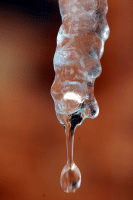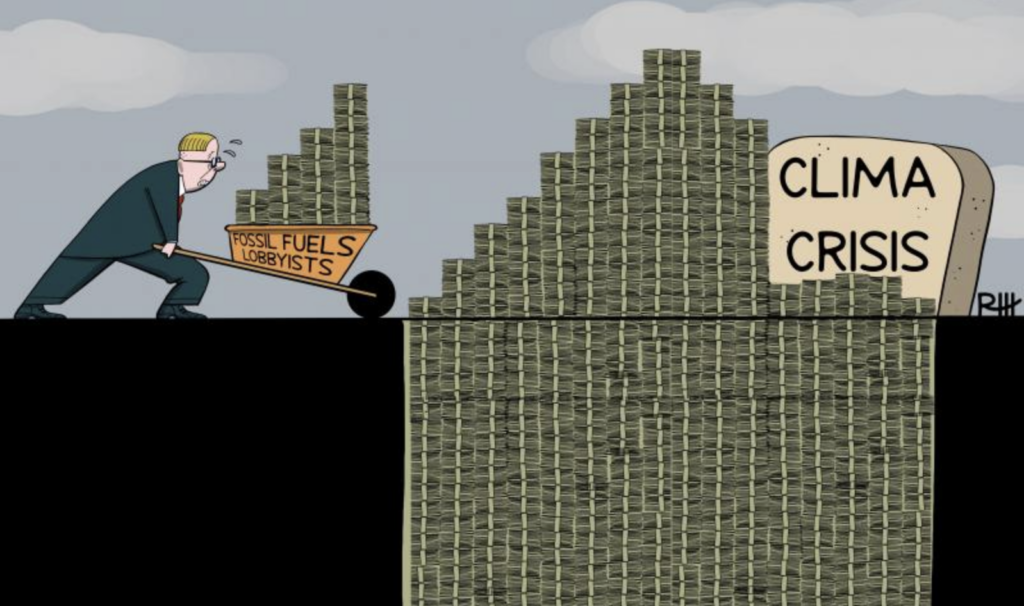There’s big trouble at the top of the world according to a report released this month by US government scientists.
The Arctic Report Card is produced annually by National Oceanic and Atmospheric Administration (NOAA), and this year the state of the climate in the arctic got an alarming F.
“Changes in the Arctic show a domino effect from multiple causes more clearly than in other regions,” said James Overland, an oceanographer at NOAA’s Pacific Marine Environmental Laboratory in Seattle and a lead author of the report. “It’s a sensitive system and often reflects changes in relatively fast and dramatic ways.”
The arctic is at the leading edge of global climate change and researchers are already seeing dramatic changes in this sensitive ecosystem. According to NOAA:
“Autumn air temperatures, which are at a record 5 degrees C (9 degrees F) above normal, because of the major loss of sea ice in recent years. The loss of sea ice allows more solar heating of the ocean. That warming of the air and ocean affects land and marine life, and reduces the amount of winter sea ice that lasts into the following summer. The year 2007 was the warmest on record for the Arctic, continuing a general Arctic-wide warming trend that began in the mid-1960s.”
The arctic report card focuses on six areas including Arctic atmosphere, sea ice, biology, ocean, land and Greenland. This year, three of the six including atmosphere, sea ice, and Greenland were coded red meaning that observed changes are almost certainly due to climate change.
The remaining three (biology, ocean, land) were coded yellow, meaning that signals were mixed. The 2007 report card had two red and four yellow.
The relentless march upwards of arctic air temperatures is obvious in this graph of surface air temperature anomalies since 1900.
Arctic sea ice reached its second lowest minimum in recorded history this year, second only to last year. You don’t have to be a researcher to see the freefall of ice extent since 1957.

Greenland lost an incredible 100 cubic kilometers of ice last year. To get an idea of what that looks like, have a look at the retreat of the Ilulissat glacier since 1850.

According to the authors, “there continues to be widespread and, in some cases, dramatic evidence of an overall warming of the Arctic system.”
Scientists are often not the greatest communicators in the world but this report speaks loud and clear about the frightening changes that are happening at the top of the world.
Subscribe to our newsletter
Stay up to date with DeSmog news and alerts








